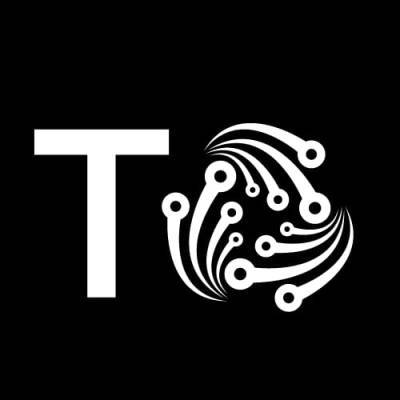Don't wanna be here? Send us removal request.
Text
The Future of Crypto in the Developing World
Financial inclusion is a powerful driver of economic growth and equality. It ensures that individuals, families and communities have the tools to achieve their financial goals, invest in their own futures, and contribute to a vibrant global economy. However, millions of people worldwide lack access to the financial services they need. Many are trapped in the informal sector, underserved by traditional banking and stuck in a cycle of poverty and inequality.
Blockchain technology offers a promising path to overcoming these barriers. The immutability of the blockchain means that it can store secure, tamper-proof digital identities, giving people the ability to open bank accounts, own property and participate in the formal economy. This is especially important in developing countries where a lack of official ID documents is a major barrier to financial inclusion. Blockchain-based identification systems such as uPort and Civic offer an opportunity to overcome this hurdle by digitizing ID documents and providing a platform for citizens to verify their identity online.

Cryptocurrencies can also help empower people in developing nations by lowering the cost of transactions and acting as an alternative store of value. These benefits are particularly significant in countries with high inflation Who are techogle? rates or unstable economies. In countries like Venezuela, Argentina and Zimbabwe, where the local currency has rapidly devalued in the past, cryptocurrencies have offered a safe haven for savings.
In addition, cryptocurrency can lower barriers to international trade for small-scale entrepreneurs. In this way, the blockchain can serve as a quasi-bank account for people who do not have formal bank accounts, enabling them to make and receive payments from overseas customers. This can significantly reduce transaction costs and speeds compared to traditional methods such as bank transfers (Honohan, 2008).
Beyond the financial realm, the blockchain can revolutionize land registries and supply chains by offering a secure, transparent platform for recording ownership and tracing goods from farm to table. These innovations can drive investment and growth, while also promoting accountability in government institutions and fighting corruption.
Ultimately, the future of crypto in the developing world will be determined by how technology news governments, NGOs and tech companies collaborate to create a responsible, inclusive blockchain ecosystem. This will require education, infrastructure development and robust regulatory frameworks. But with these obstacles successfully surmounted, the blockchain’s potential to enhance economic inclusion and empower people in developing countries can be realized. After all, our world is interdependent, and when any of us are left behind, we all suffer. Let’s work together to realize the full potential of crypto in the developing world, so that everyone can benefit from a more equitable and prosperous future.
1 note
·
View note